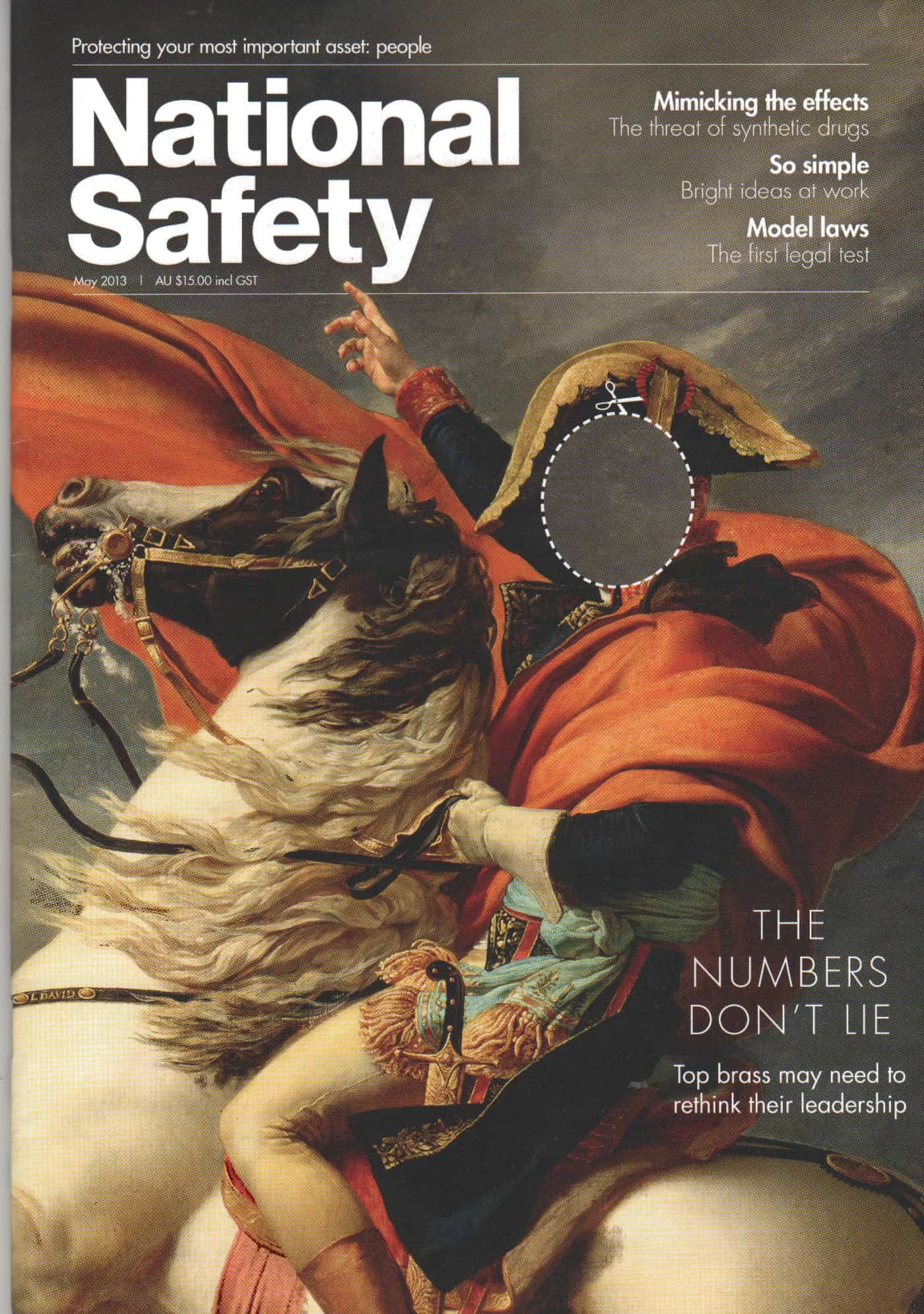A most curious article about workplace bullying appeared in the Australian Financial Review (AFR) on 11 September 2013. In discussing recent changes to Australia’s Fair Work Act Nick Ruskin of K&L Gates wrote about the broad definition of workplace bullying to be applied:
“…the intriguing thing is that worker is very broadly defined. Its definition, reliant on the Workplace Health & Safety Act 2011, is so wide it could even include the director of a corporation.
In other words, non-executive directors of corporations will have the same ability as a traditional worker to take a bullying grievance to the Fair Work Commission.
We could see a situation in which a company director alleges they have been bullied by another director and seeks early intervention from the Commission.” (emphasis added)
Continue reading “Workplace bullying can exist in the boardroom”



